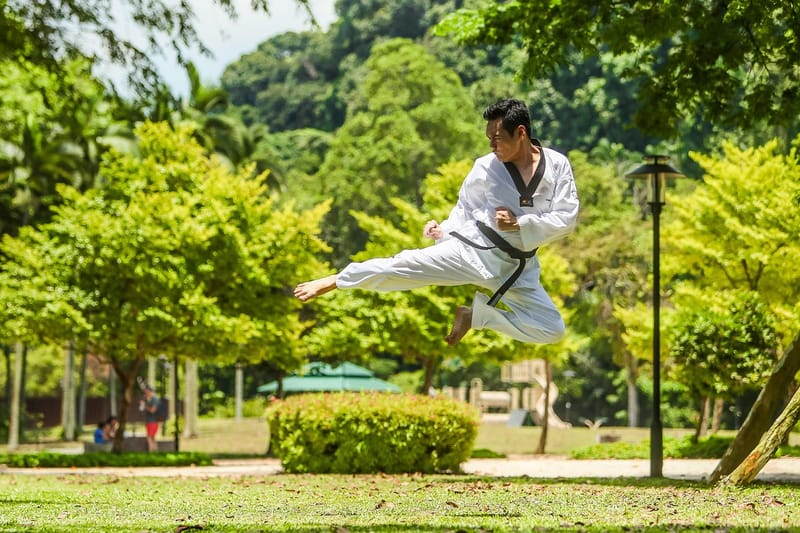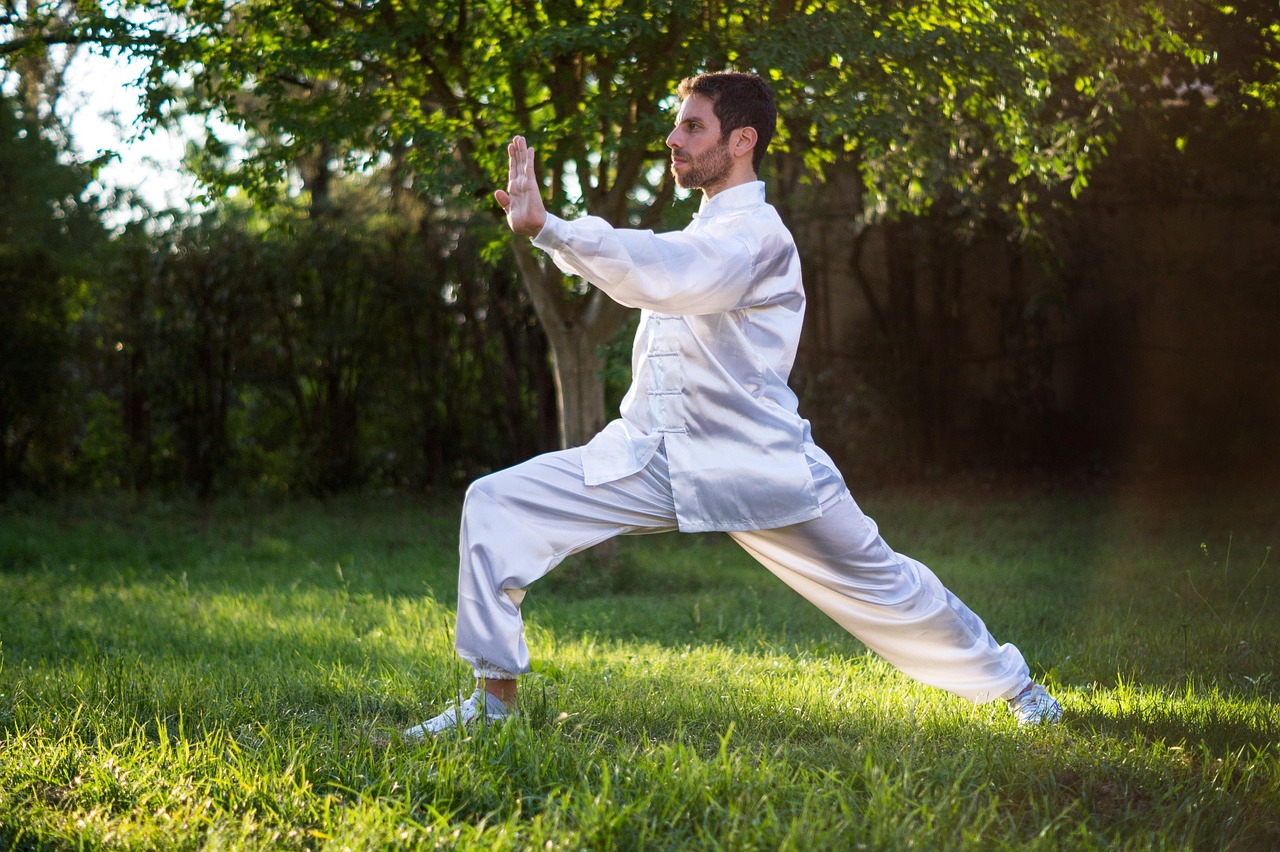Tai Chi - Part 3
The Art of Chinese Martial Arts
Chinese martial arts, also known as Kung Fu or Wushu, have a rich history and are deeply embedded in Chinese culture. In this article, we will delve deeper into the world of Chinese martial arts, exploring different styles, techniques, and their significance.
Styles of Chinese Martial Arts
Chinese martial arts encompass a wide variety of styles, each with its unique characteristics and techniques. Some popular styles include:
- Shaolin Kung Fu
- Tai Chi
- Wing Chun
- Baguazhang
- Xingyiquan
Techniques and Principles
Chinese martial arts emphasize both external and internal techniques. External techniques focus on physical strength, speed, and agility, while internal techniques emphasize the mind-body connection, breathing, and energy flow.
Key principles of Chinese martial arts include:
- Balance
- Coordination
- Flexibility
- Focus
- Discipline
Significance of Chinese Martial Arts
Chinese martial arts are not just about combat; they also promote health, mental well-being, and spiritual growth. Practitioners often experience improved fitness, increased confidence, and a sense of inner peace through their training.
Moreover, Chinese martial arts serve as a form of cultural expression, preserving ancient traditions and philosophies that have been passed down through generations.
Explore Further
If you are interested in learning more about Chinese martial arts, consider joining a local Kung Fu school or Wushu training center. Immerse yourself in the world of ancient techniques and modern practices to experience the holistic benefits of this traditional art form.
Embrace the spirit of Chinese martial arts and embark on a journey of self-discovery, discipline, and physical prowess!

Join us for the next part in our series on Chinese martial arts to uncover more fascinating insights into this timeless practice.
